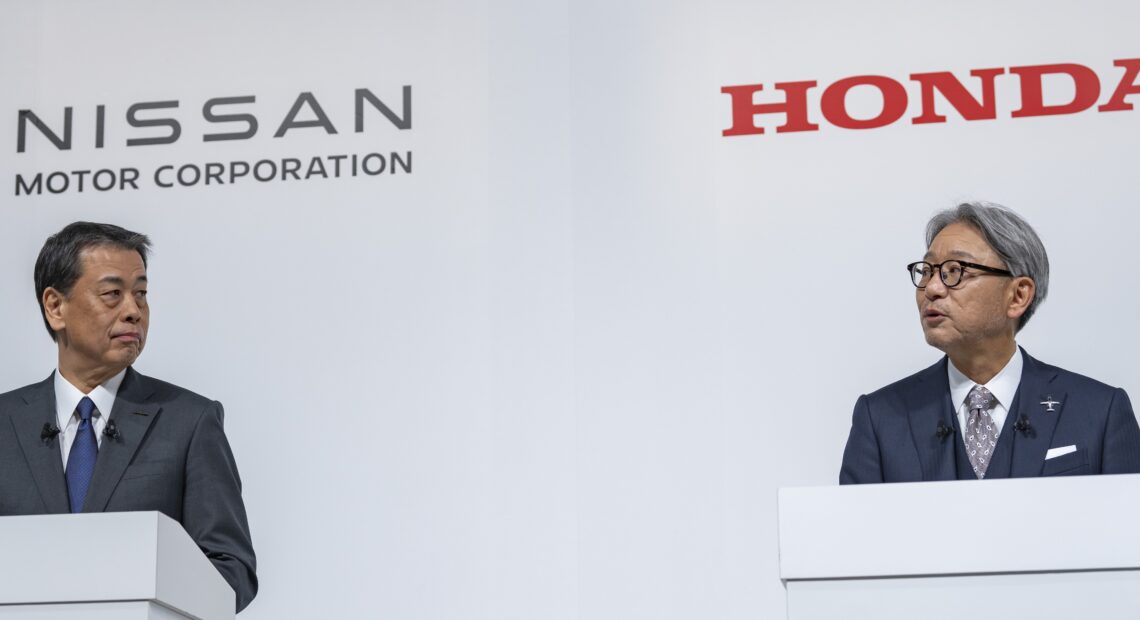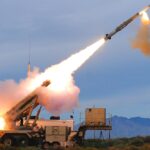Nissan and Honda terminate business integration plan

Shift focus to strategic partnership
Nissan Motor and Honda Motor have terminated their memorandum of understanding (MOU) for a potential business integration, originally signed on December 23, 2024.
The decision comes after extensive discussions between the management teams of both companies, including their respective CEOs, on the market environment, integration goals, and post-integration management strategies.
The MOU, which had set the stage for the two automotive giants to explore the possibility of forming a joint holding company, was meant to foster collaboration aimed at addressing the rapidly changing dynamics of the automotive industry, including the move towards electrification. However, the companies have decided to halt the integration process after considering the evolving challenges in the market and the need for faster decision-making and execution.
Following the signing of the MOU, both companies engaged in talks regarding the structure of a potential integration. Honda proposed a change in the original framework, suggesting that Honda should become the parent company with Nissan as a subsidiary, following a share exchange. This shift in strategy led to further deliberations on the best approach for both companies in a landscape marked by increasing volatility and the growing demands of the electric vehicle (EV) era.
The two companies concluded that business integration would not be the best way to navigate these challenges. Instead, they agreed to focus on deepening their existing strategic partnership, which aims to foster collaboration in intelligence and electrification.
Nissan and Honda’s partnership is now centred on advancing technologies for the electrified future. They will collaborate on areas such as software-defined vehicles (SDVs), platform development, and next-generation mobility solutions. The companies believe this partnership will allow them to maximise their corporate value while contributing to developing a carbon-neutral society.
In a joint statement, Nissan’s CEO, Makoto Uchida, expressed optimism about the partnership’s future, stating: “While our discussions on business integration have concluded, we remain committed to strengthening our collaboration to deliver innovative solutions for the future of mobility. This strategic partnership will allow both companies to leverage their strengths and continue creating value for customers worldwide.”
Honda’s CEO, Toshihiro Mibe, echoed similar sentiments, highlighting the importance of combining the strengths and technologies of both companies. “By bringing together the resources, knowledge, and technologies we’ve developed over many years, we can create new mobility solutions that will help us navigate the challenges facing the auto industry,” Mibe said. “We’re still in the early stages of this partnership, but we are confident that by working together, we can drive innovation in the era of electrification.”
The decision to terminate the MOU marks a significant shift in the companies’ strategies. Both Nissan and Honda had previously explored the possibility of creating a joint holding company, aiming to pool their resources and technologies to strengthen their global competitiveness. However, as technological advancements and market conditions continue to evolve rapidly, companies have opted for a more flexible approach, which will allow for quicker decision-making and a more responsive business model.
The initial goal of the integration was to create synergies in areas such as vehicle platform standardisation, manufacturing optimisation, research and development (R&D) capabilities, and purchasing. These efficiencies were expected to reduce costs, improve product offerings, and enhance both companies’ abilities to adapt to changing consumer demands, especially in the fast-growing EV sector.
Despite the termination of the business integration talks, Nissan and Honda have emphasised that their collaboration will continue to grow as a strategic alliance focused on creating value in the evolving mobility space. By combining their expertise, the companies aim to improve their technological capabilities, expand their EV offerings, and ultimately lead the industry toward a more sustainable future.
The automotive industry has seen increasing collaboration between key players as companies seek to accelerate the shift towards electrification and sustainable mobility. By opting for a strategic partnership instead of full integration, Nissan and Honda will continue to pursue their individual business goals while remaining aligned on key industry developments.
The decision to terminate the integration talks reflects the broader trend in the automotive sector, where flexibility and speed are becoming essential in the race to adapt to new technologies and market shifts. Both Nissan and Honda are now expected to move forward with their respective plans for innovation and collaboration in the rapidly changing landscape of the global automotive industry.Top of Form
Image: Nissan and Honda signed a memorandum of understanding (MOU) in December 2024 to start discussing and considering a business integration between the two companies by establishing a joint holding company. Credit: Nissan











